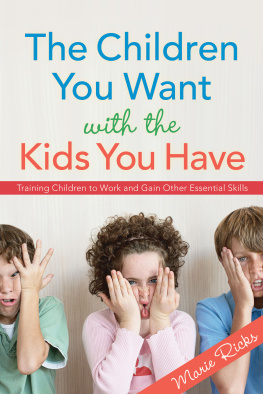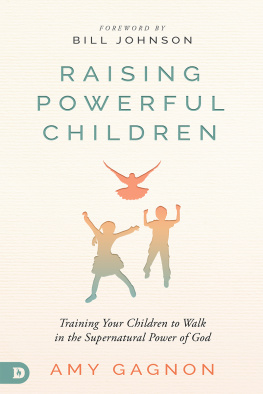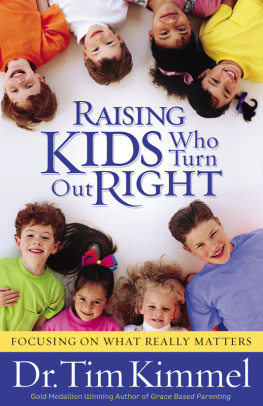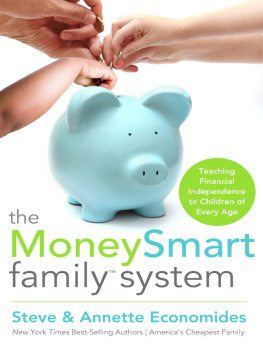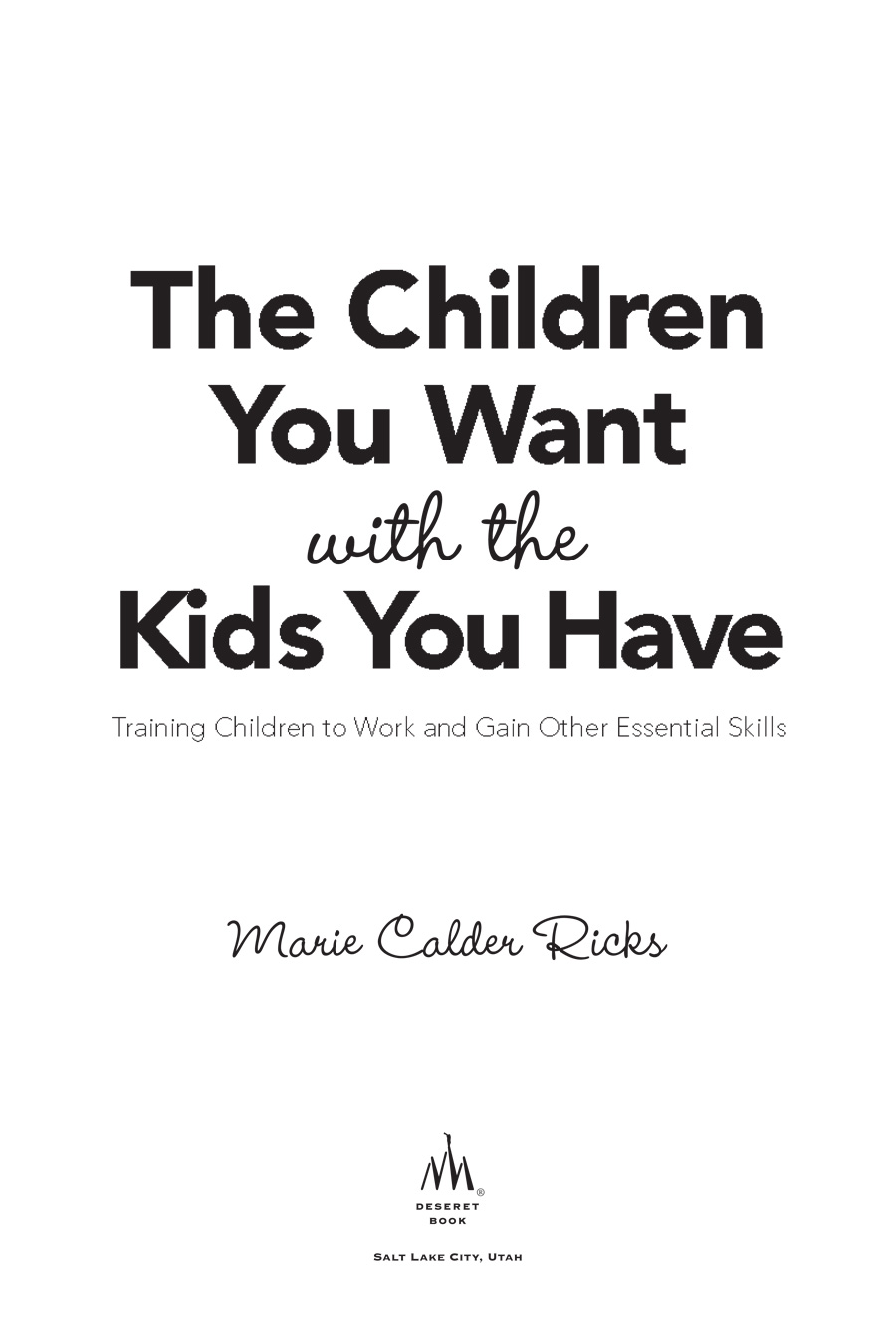2010 Marie Calder Ricks.
All rights reserved. No part of this book may be reproduced in any form or by any means without permission in writing from the publisher, Deseret Book Company, P.O. Box 30178, Salt Lake City Utah 30178. This work is not an official publication of The Church of Jesus Christ of Latter-day Saints. The views expressed herein are the responsibility of the author and do not necessarily represent the position of the Church or of Deseret Book. Deseret Book is a registered trademark of Deseret Book Company.
Quote on page ix from H. David Burton, More Holiness Give Me, Ensign, November 2004, 100.
Text 2010 Marie Calder RicksIllustration on this page 2010 Thomas E. Ricks
All rights reserved. No part of this book may be reproduced in any form or by any means without permission in writing from the publisher, Deseret Book Company, P. O. Box 30178, Salt Lake City, Utah 84130. This work is not an official publication of The Church of Jesus Christ of Latter-day Saints. The views expressed herein are the responsibility of the author and do not necessarily represent the position of the Church or of Deseret Book Company.
Deseret Book is a registered trademark of Deseret Book Company.
Visit us at DeseretBook.com
Library of Congress Cataloging-in-Publication Data
Ricks, Marie Calder.
The children you want with the kids you have / Marie Calder Ricks.
p. cm.
Includes index.
ISBN 978-1-60641-665-5 (pbk.)
1. Child rearing. I. Title.
HQ769.R54 2010
649'.64dc22 2010011521
Printed in the United States of America Malloy Lithographing Incorporated, Ann Arbor, MI
10 9 8 7 6 5 4 3 2 1
Visit www.houseoforder.com for information regarding your organizational needs, to purchase organizational products, or to schedule a personal consultation, speaking engagement, or educational seminar.

To Timothy Alan Ricks, our first grandson, and to all parents, mentors, and teachers who strive for a better way to influence, guide, and instruct the children in their care
It is important for families and individuals to aggressively seek more of the virtues which go beyond this mortal life.
A prayerful, conservative approach is the key to successfully living in an affluent society and building the qualities that come from waiting, sharing, saving, working hard, and making do with what we have.
May we be blessed with the desire and the ability to understand when more is really less and when more is better.
H. David Burton
Introduction
Several years ago I realized that children today are struggling. Most dont seem to know much about waiting, sharing, saving, working hard, or making do. This motivated me to begin studying and writing about raising happier, healthier, hardworking children. Because I do personal coaching and home organization, I am in a lot of homes. I see interactions between parents and children, on both their good days and bad days. I have also visited with clients about their childhood experiences, and I have discovered that much of what they are struggling with now organizationally is due to past (usually negative) experiences when they were children and teenagers.
Often parents themselves didnt feel secure, werent taught how to work, or didnt have consistent chores. There were not enough firm, understanding adult figures in their lives to make them stick to a job until its completion and then give them validation for the work that was done. Positive experiences didnt happen frequently enough to form pleasant chore memories and consistent work habits, even in otherwise model families. As children, they were not given sufficient training so they could then turn around and raise their own children to function independently and separately from their familys constant supervision.
Despite the experiences of the past and the current challenges that are before us, with proper training and consistent parenting, the next generation can receive a better legacy. We have an opportunity and obligation to properly teach all children, whether in our homes, at school, or in other settings. First, we must be appropriately disciplined ourselves. Second, we must model an optimistic lifestyle for our family members that includes a strong work ethic, consistency, honesty, kindness, service, patience, and taking responsibility.
Even as we want to understand the why and what of childrearing, sometimes the best methods are learning the hows of parenting. There are significant skills that when taught, practiced, and modeled will help children of any age improve their ability to be contributing individuals. These specific skills will magnify with time until they bloom freely in adulthood and children mature into useful, dependable, and contributing members of their workplaces, homes, and communities.
Parents have fewer than twenty years to initially influence a child. Much of this influential nurturing takes place in the very early years, and the rest is received or rejected as children gain momentum, moods, and muscle to their personalities.
Of course there will be continued nurturing of these same children as they approach adulthood and even move into their mature years, but now is the time to make the biggest difference in your childrens lives. Now is the time to initiate change and model a better way.
Because I understand that not all children have two parents in the home, when I speak of parents I am addressing the primary mentor(s) in a childs life. This might be parents, stepparents, grandparents, foster parents, guardians, older siblings, aunts, uncles, Church leaders and teachers, or any other significant adult in the childs life. Whoever you are and whatever title you carry, you can be a noteworthy force for good any and every time you mentor a child.
If you will carefully read and put into practice the principles discussed in this book, you will be well on your way to more successful parenting and having more responsible children.
Part One: Prepare to Parent Better
Chapter One
Prepare to Train
You will give your children many gifts during the twenty years or so of your direct stewardship over them, but an important part of that stewardship will be your opportunity to properly train them how to act, work, and strive for personal life skills. For the purposes of this book, I am differentiating training from teaching. Training means to teach children how to do projects, jobs, and chores. Teaching relates to instruction on how to respond to different challenges and difficulties in life with morality and integrity.
To be effective, you must first be what you want your children to be. You cannot ignore the small imperfections in your personality. Eventually, the child will discover those inconsistencies and, if you are not true to what you are trying to train your children to be, they will feel betrayed and have difficulty continuing to trust you. That is one reason parents should not lie when they dont want to answer a phone call, should not speed when they are in a hurry, and should not steal or cheat even to the smallest degree. For it is in the small things that our characters are shaped. You cannot expect to have long-term influence on your children if you try to train them to act one way while your example illustrates a different behavior.

